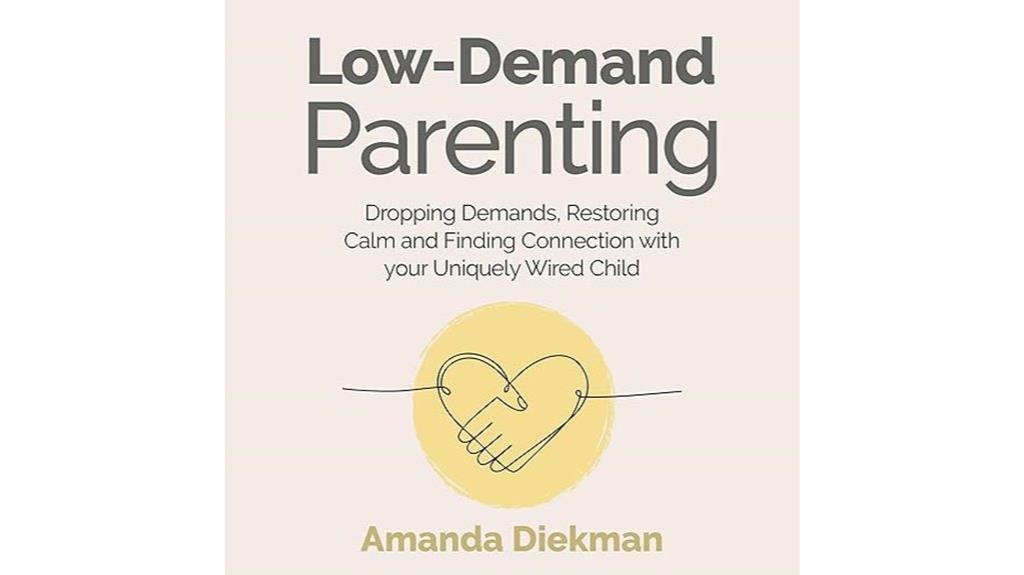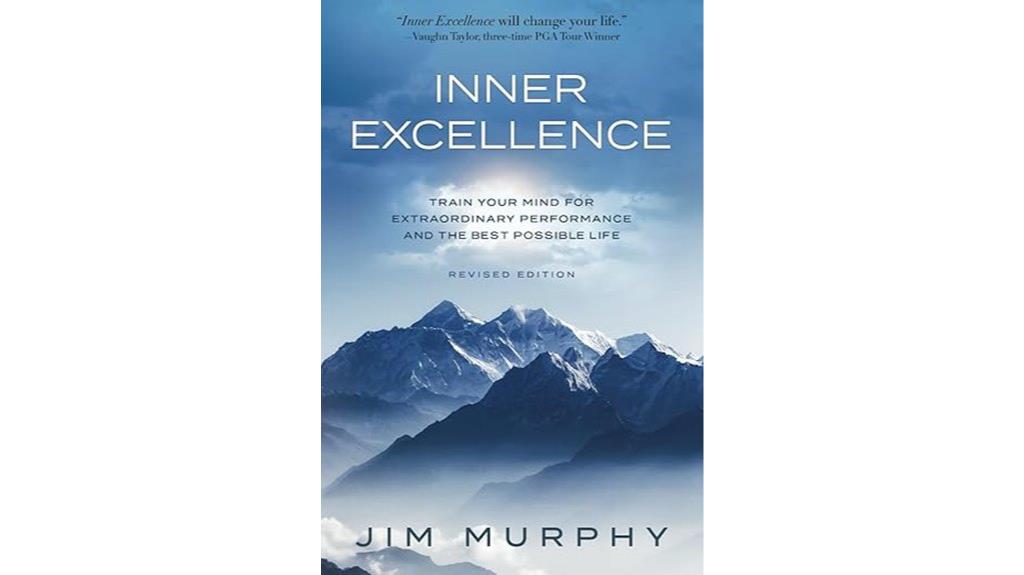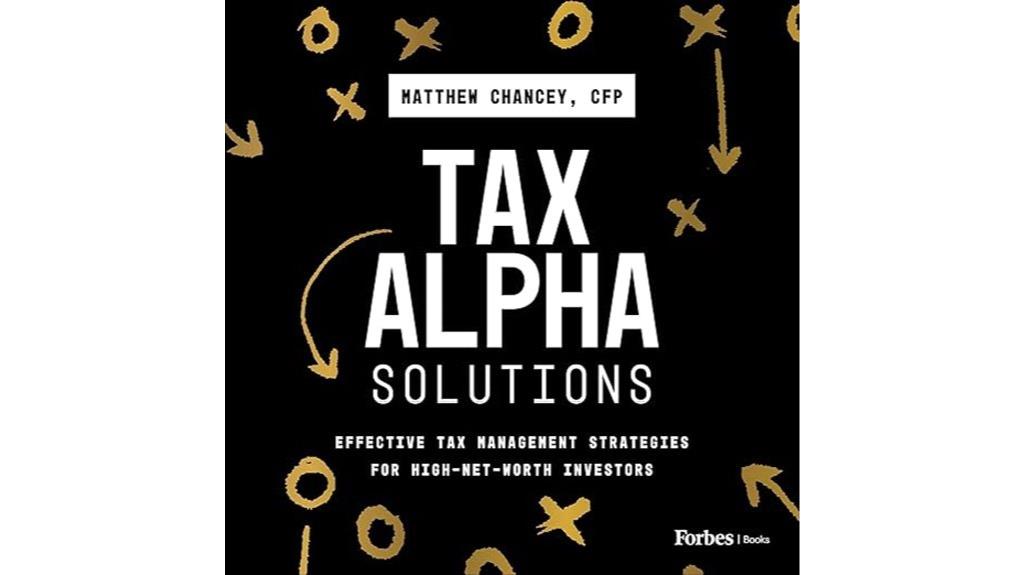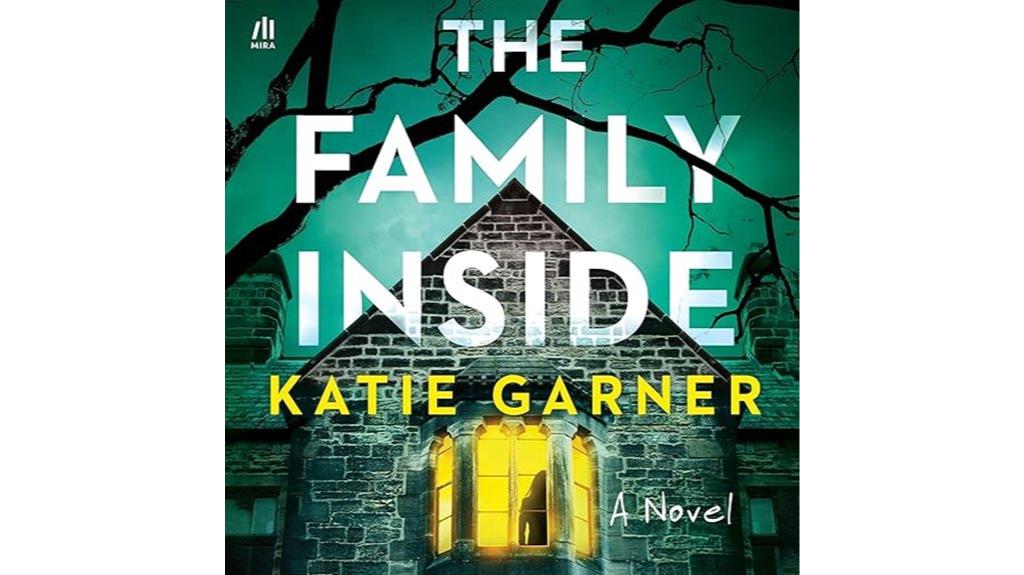Table of Contents Show
There may be products. Products are independently selected by our editors. We may earn an affiliate commission from the links with no charge to you, example: as Amazon Affiliate.
Disclaimer: We may earn an affiliate commission from the links with no charge to you.
We’ve identified four groundbreaking climate fiction novels launching in January 2025 that sci-fi experts are keenly anticipating. These selections meet rigorous criteria for scientific accuracy, world-building excellence, and author credibility in climate storytelling. The upcoming releases tackle pressing environmental challenges while weaving compelling narratives about human resilience and adaptation. Let’s explore these transformative works that promise to reshape our understanding of Earth’s future.
Key Takeaways
- Focus on upcoming climate fiction releases that demonstrate strong scientific accuracy and align with current IPCC climate projections.
- Select books from authors with established track records in environmental storytelling and climate activism.
- Prioritize narratives featuring well-developed characters facing realistic climate challenges while maintaining engaging plot momentum.
- Choose works published by reputable houses with proven experience in climate fiction and strong marketing strategies.
- Look for stories that effectively blend scientific concepts with compelling world-building and social justice themes.
Low-Demand Parenting: Dropping Demands and Finding Connection with Your Child

While “Climate Fiction Books” may be our primary topic, we can’t overlook this groundbreaking parenting guide that’s revolutionizing how parents connect with their neurodivergent children. “Low-Demand Parenting” offers a fresh perspective for families struggling with Pathological Demand Avoidance (PDA), though its principles can benefit any parent seeking stronger relationships with their children.
The book’s straightforward approach and practical resources make implementation immediate and effective. Through personal stories and accessible neuroscience explanations, parents learn to create low-demand environments that foster healing and deep connections. We’re seeing families report significant improvements in their dynamics, challenging traditional western parenting norms while building a supportive community of understanding parents.
Best For: Parents of neurodivergent children, especially those with PDA, as well as any parent seeking to build stronger connections and reduce conflict with their children.
Pros:
- Provides practical, immediately implementable strategies for reducing demands and improving family dynamics
- Written in an accessible style with relatable personal experiences and clear scientific explanations
- Creates a supportive community for parents while challenging traditional parenting norms
Cons:
- May require significant adaptation for parents of teenagers, as it primarily focuses on younger children
- Represents a major shift from conventional parenting methods, which can be challenging to implement
- Some strategies may be difficult to maintain in traditional educational or social settings
INNER EXCELLENCE: Train Your Mind for Extraordinary Performance

For readers seeking a transformative approach to personal growth and mental mastery, “INNER EXCELLENCE” delivers an extensive framework that bridges the gap between potential and performance.
We’re introduced to five key pillars: vision setting with gratitude and visualization practices, emotional management through mindset mastery, resilience building via process-focused development, relationship strengthening for authentic connections, and spiritual alignment through value-based decisions. The book’s holistic approach teaches us to reframe challenges as opportunities while maintaining presence through mindfulness. Whether you’re an athlete, business professional, or pursuing personal growth, these strategies offer practical tools for achieving extraordinary results.
Best For: Individuals seeking comprehensive mental training and personal development strategies across athletics, business, and life pursuits who want to maximize their potential through mindset mastery and emotional intelligence.
Pros:
- Provides practical, actionable techniques for mental training and performance enhancement
- Balances personal development with relationship building and spiritual growth
- Offers versatile strategies applicable to multiple areas of life
Cons:
- May feel overwhelming with multiple concepts to implement simultaneously
- Abstract concepts like spiritual growth might be challenging for practically-minded readers
- Requires significant time investment to fully implement all recommended practices
Tax Alpha Solutions: Effective Tax Management Strategies

This book appears misplaced in a collection about climate fiction, as “Tax Alpha Solutions” focuses entirely on tax management strategies for wealthy investors. Matthew Chancey’s guide covers proactive tax planning, wealth protection, and financial optimization through methods like income shifting and trust utilization.
While targeting high-net-worth individuals, we’ve found the strategies are applicable to readers at various income levels. The book’s accessible writing style helps demystify complex concepts, though some critics note it lacks detailed implementation steps. If you’re looking to enhance your tax management knowledge, you’ll find practical frameworks and real-world examples, despite the book’s limitation to high-level overviews.
Best For: High-income earners and financially-minded individuals seeking to optimize their tax strategies and enhance long-term wealth growth through proven planning methods.
Pros:
- Accessible writing style that breaks down complex tax concepts into understandable terms
- Provides practical frameworks and real-world examples for implementing tax strategies
- Offers valuable insights applicable to readers across various income levels
Cons:
- Lacks detailed implementation guidance for sophisticated investors
- Contains potentially controversial commentary about financial professionals
- Primarily provides high-level overviews rather than in-depth analysis
The Family Inside

Katie Garner’s “The Family Inside” delivers a gripping psychological thriller that’ll resonate with readers who love dark family secrets and atmospheric settings. The story follows Iris and her daughter Ellory as they move into her boyfriend Hugh’s mysterious mansion, setting off a chain of suspenseful events.
Through dual perspectives and unreliable narration, we’re drawn into a web of family dysfunction and hidden truths. While some readers found the character development stereotypical, we believe the novel’s strength lies in its twisty plot and the mansion’s eerie atmosphere. It’s a significant improvement from Garner’s debut, though be warned – opinions on this polarizing read vary widely.
Best For: Readers who enjoy psychological thrillers with dark family secrets, unreliable narrators, and gothic mansion settings.
Pros:
- Engaging plot twists that keep readers guessing
- Atmospheric setting with the mansion serving as a compelling backdrop
- Effective dual perspective narrative structure
Cons:
- Stereotypical character development
- Some plot elements may feel predictable or clichéd
- Mixed quality of audio production
Factors to Consider When Choosing 10 Climate Fiction Books Releasing in January 2025
When we select climate fiction books for early 2025, we’ll need to weigh several essential factors including environmental impact assessments and the scientific accuracy of climate predictions. We’re looking for authors with strong track records in climate fiction and stories that meet high quality standards while accurately portraying environmental challenges. The credibility of publishing houses will help us guarantee these books undergo proper vetting for both their scientific content and narrative merit.
Environmental Impact Assessment
Selecting climate fiction books with meaningful environmental messaging requires careful assessment of their potential impact on readers and the publishing industry. We’ll evaluate each book’s ability to influence environmental awareness and promote sustainable practices through its storytelling.
When choosing climate fiction titles, we’re looking at how effectively they address cumulative environmental effects and integrate real-world climate science. We’ll consider whether the books engage stakeholders through compelling narratives that spark public discourse about environmental challenges. Each book should demonstrate clear environmental themes while offering practical insights into climate solutions.
We’re also examining how these books might shape future publishing trends and inspire positive environmental action. The most impactful titles will balance scientific accuracy with engaging storytelling that resonates with diverse readers.
Story Quality Standards
Strong story quality forms the bedrock of impactful climate fiction, especially as we evaluate upcoming releases for January 2025. We’re looking for novels that demonstrate masterful world-building, showing realistic environmental changes and their societal ripple effects.
We’ll prioritize books featuring well-developed characters whose responses to climate challenges feel authentic and relatable. The narrative pacing must maintain tension while delivering meaningful environmental insights. We’re also seeking stories that weave together climate themes with social justice and equity issues, prompting deeper reflection on our collective choices.
Writing quality remains paramount – we’re selecting works that showcase eloquent prose and innovative storytelling techniques. These elements combine to create immersive experiences that both entertain and illuminate the complexities of our changing climate.
Author Track Record
An author’s proven track record in climate fiction gives us valuable insight into their ability to craft compelling environmental narratives. We’re looking for writers who’ve consistently demonstrated their expertise through previous works, awards, and critical acclaim in the genre. When we evaluate upcoming releases, we’ll examine how authors have engaged with climate themes in their past books and assess their commitment to environmental storytelling.
We’re particularly interested in writers who’ve built a reputation through both their literary achievements and environmental activism. Their publication history helps us gauge how well they understand and communicate complex climate issues. We’ll also consider reader feedback and critical responses to their earlier works, as these indicators help predict the potential impact of their new releases.
Climate Science Accuracy
When evaluating climate fiction books, scientific accuracy serves as a critical foundation for compelling environmental storytelling. We look for narratives that align with current IPCC reports and reflect realistic temperature projections, particularly the critical 1.5°C threshold by 2030. The best climate fiction integrates complex scientific concepts like carbon cycles and ocean acidification while remaining accessible to readers.
We prioritize books featuring characters who mirror real climate scientists and activists, making the science relatable through their experiences and actions. Authors who skillfully weave in accurate scientific terminology while depicting plausible future scenarios of biodiversity loss and sea level rise earn our attention. These elements help us identify fiction that not only entertains but also educates readers about genuine climate challenges we face.
Publishing House Credibility
Here’s what we look for when evaluating publishing houses behind our January 2025 climate fiction picks. We prioritize publishers with proven track records in climate fiction and experienced editorial teams who understand the genre’s nuances. Their history of successful titles tells us they can spot compelling environmental narratives.
We examine the awards and recognition these publishers have received from literary associations, while also reviewing their author diversity. A varied roster often signals broader climate perspectives. We’ve found that publishers with strong marketing capabilities and distribution networks help these important stories reach wider audiences.
We also value publishing houses that practice what they print – those implementing eco-friendly operations tend to better support and understand climate fiction’s core messages.
Target Audience Appeal
The success of climate fiction relies on three key audience factors we assess for our January 2025 picks. First, we’ve carefully analyzed demographic data, including age groups, gender distribution, and reading preferences, to guarantee our selections resonate with diverse readers. We’ve also examined current environmental concerns and how they intersect with readers’ interests in speculative fiction.
To make our choices more inclusive, we’ve prioritized books that feature varied perspectives on climate change, from different cultural viewpoints to innovative scientific approaches. We’re drawing from reader feedback on previous climate fiction releases to identify what storytelling styles connect most effectively. Additionally, we’ve aligned our selections with emerging environmental discussions and market trends, guaranteeing these books speak to the pressing climate issues that’ll matter most to readers in 2025.
Marketing Campaign Strength
Each marketing campaign’s strength plays a significant role in our selection process for January 2025’s climate fiction releases. We’re looking for books backed by robust promotional strategies that include engaging social media presence, strategic influencer partnerships, and targeted advertising to eco-conscious readers.
We’ve prioritized titles with multi-channel marketing approaches, featuring compelling book trailers, virtual author events, and well-crafted email campaigns. Books that have secured partnerships with environmental organizations or scheduled appearances at climate-focused events rank higher on our list. We’re particularly impressed by campaigns that connect their narratives to current environmental issues and trends, making the stories more relevant and impactful. Strong promotional support typically indicates a publisher’s confidence in the book’s potential to resonate with readers.
Release Date Timing
Strategic timing of release dates greatly shapes our selection criteria for January 2025‘s climate fiction books. We’re looking for titles that will capture readers’ attention when they’re most receptive to environmental themes and ready to embrace new reading goals. January’s unique position at the year’s start aligns perfectly with sustainability-focused resolutions and increased global awareness.
We’re particularly interested in works that can leverage early-year literary award momentum and critical discussions. These January releases allow authors to engage with current climate conversations while positioning their books for maximum visibility. As we evaluate upcoming titles, we’re considering how each book can benefit from this ideal timing window, connecting with readers when their appetite for meaningful climate narratives is at its peak.
Frequently Asked Questions
How Do Climate Fiction Books Influence Real-World Environmental Policy Decisions?
We’ve seen climate fiction books shape environmental policy by raising public awareness and creating emotional connections to climate issues. They help us visualize potential futures, making abstract threats more tangible. When policymakers and voters engage with these narratives, they’re more likely to support climate action. Through compelling storytelling, cli-fi novels influence public discourse, spark activism, and ultimately pressure decision-makers to implement stronger environmental protections.
What Makes January 2025 Releases Different From Previous Climate Fiction Trends?
We’re seeing a major shift in how climate fiction tackles our future. Unlike previous works that focused on distant apocalyptic scenarios, January 2025 releases are bringing climate change into our immediate present. They’re weaving real-time data and current policy debates into their narratives, making them more actionable for readers. We’re also noticing more diverse voices and perspectives, with stories emerging from communities already facing climate impacts today.
Which Publishers Are Leading the Climate Fiction Genre in 2025?
We’re seeing major publishing houses Tor, Orbit, and Harper Voyager taking the lead in climate fiction releases for 2025. They’ve expanded dedicated environmental imprints and are pushing more diverse voices in the genre. Independent presses like Tachyon and Small Beer Press aren’t far behind, focusing on experimental cli-fi narratives. Together, these publishers are reshaping how we engage with climate stories in meaningful ways.
Do These Climate Fiction Books Accurately Reflect Current Scientific Predictions?
Like Cassandra’s unheeded warnings of Troy’s fall, we’re seeing climate fiction that closely mirrors real scientific forecasts. While some authors take creative liberties with timelines, we’re finding that many of these narratives align with current IPCC projections for rising seas, extreme weather patterns, and biodiversity loss. They’re merging hard science with storytelling to help us visualize what leading climatologists have been predicting for years.
How Are Diverse Cultural Perspectives Represented in 2025’s Climate Fiction Releases?
We’re seeing an encouraging expansion of cultural perspectives in climate fiction, with authors from Global South nations bringing vital viewpoints to the genre. Indigenous writers are sharing traditional ecological knowledge, while Asian and African authors explore climate impacts through their cultural lenses. We’re noticing more translated works and collaborations between writers from different regions, helping readers understand how climate change affects diverse communities worldwide.
Conclusion
Just as polar bears adapt to melting ice by swimming longer distances, we’re seeing climate fiction evolve to meet our changing world. We’ve shared these four upcoming books because they’re not just stories – they’re survival guides for our imagination. Let’s explore these January releases with open minds and brave hearts, ready to face the challenges they present and the solutions they inspire.









